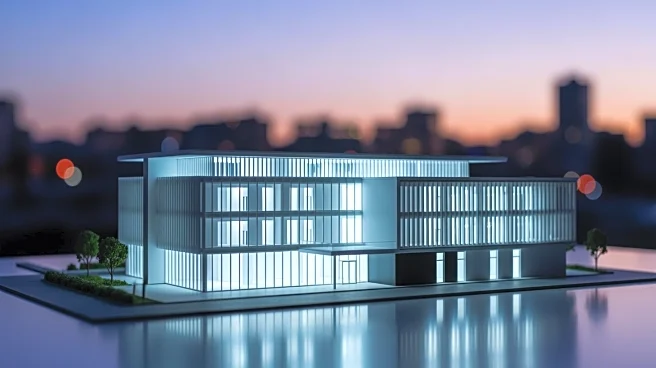Rapid Read • 8 min read
The Corner Bar in Minneapolis is closing its doors after 22 years of operation. Known for its vibrant atmosphere and loyal customer base, the sports bar has been a staple in the local community. The closure comes as a surprise to many patrons who have frequented the establishment for years, enjoying its sports-themed events and gatherings. The bar's management has not disclosed specific reasons for the closure, but it marks the end of an era for local sports enthusiasts and regulars who have made the bar a part of their social routine.
AD
The closure of The Corner Bar signifies a shift in the local social landscape, affecting both the community and the local economy. Sports bars like The Corner Bar serve as important social hubs, providing a space for fans to gather and celebrate their favorite teams. The loss of such a venue may impact local sports culture and reduce options for social gatherings. Additionally, the closure could have economic implications, potentially affecting employees and nearby businesses that benefit from the bar's patronage. This development highlights broader trends in the hospitality industry, where establishments face challenges such as changing consumer preferences and economic pressures.
As The Corner Bar prepares to close, patrons are organizing farewell events to celebrate the memories and community built over the years. The local community may see new businesses emerge to fill the void left by the bar's closure, potentially offering new opportunities for social engagement. Meanwhile, the bar's employees will need to seek new employment, and nearby businesses may need to adapt to changes in foot traffic and customer demographics. The closure could also prompt discussions about the sustainability of similar establishments in the area.
The closure of The Corner Bar may reflect broader challenges faced by small businesses in the hospitality sector, including rising operational costs and shifts in consumer behavior. It also raises questions about the future of community-centric venues in urban areas, where real estate pressures and changing lifestyles can impact traditional social spaces. The event underscores the importance of adaptability and innovation in maintaining relevance in a competitive market.
AD
More Stories You Might Enjoy











